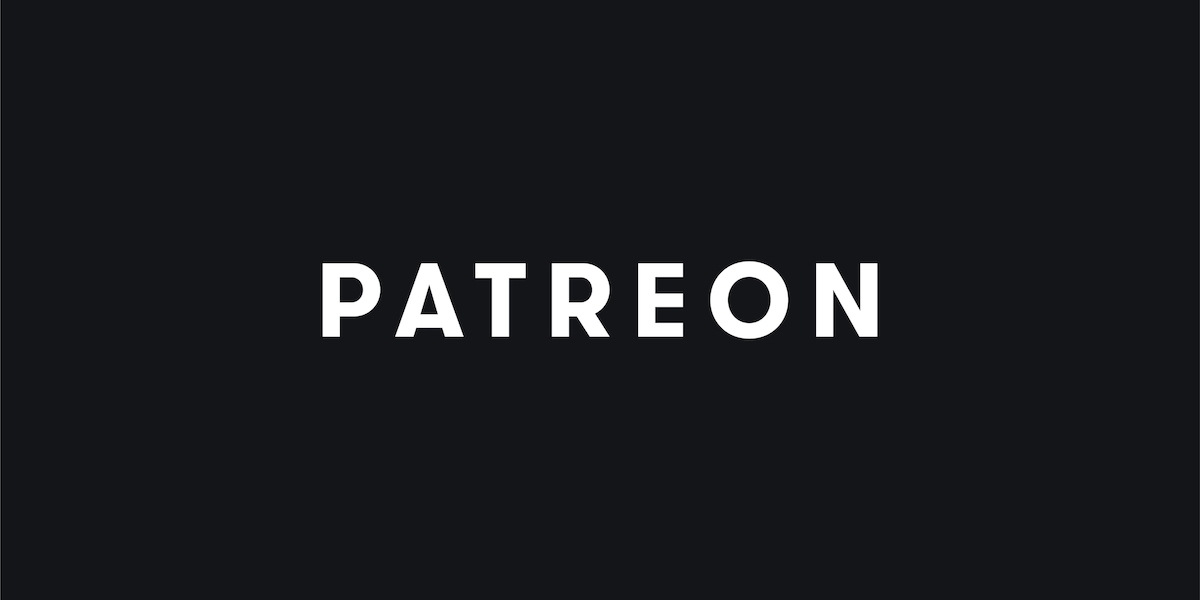So, You Want to Write Music?
I will soon be releasing my first book - a textbook on music composition. This book has been a lifetime in the making. 19 years of teaching plus numerous years of personal study and observation have led to the paradigm that made this book possible.
Let me first say what the book is not. It is not another music theory text. Of course, the study of music theory is invaluable to the composer and should not be overlooked. It is, after all, in a music theory course that the composer first gains insight into the very fabric of pitch and rhythm and how, over centuries, humanity has learned to weave them together in a carefully designed tapestry of sound and silence. But there are plenty of excellent textbooks that composers can refer to in their quest to improve their understanding of theory. Theory will not be ignored in this text, and when a cursory explanation of a theoretical concept is required, it will be provided, understanding that this text will hopefully come into the hands of some eager composers who have not yet had the opportunity to complete even a basic study of music theory. Such explanations should not be considered definitive – or even complete. The intent is only to give the reader enough information to “get going” in the various composition exercises. It is expected that more in-depth learning will follow in the appropriate times and ways.
So, You Want to Write Music? is also not a text on orchestration or counterpoint. Again, an in-depth study of such subjects ought to be considered essential if the composer wishes to reach his potential. However, even though some basic principles gleaned from the harvest of studying these subjects will naturally be included, once again, it is not my intention to provide authoritative instruction in these areas. The reader is encouraged to seek other sources to further augment their skills in these areas. Of particular note is Samuel Adler’s excellent text The Study of Orchestration, which is highly recommended
Lastly, it is not a text on the use of MIDI or electronic instruments in composition, or in the use of music notation software or digital audio workstation (DAW) applications. Doubtless, in the 21st century, composers will want to become proficient in the use of such tools, and where helpful and appropriate, various tips and instruction will be provided when it will benefit the reader with the primary task of completing their work. But as with the previously mentioned topics, the reader is encouraged to seek other sources for more in-depth support in these areas.
So, You Want to Write Music? is a book intended to help the motivated student begin to compose their own music. In attempting this task, it is only assumed that the reader has at least some skill with a musical instrument or vocal performance. However, it is not solely for the beginning composer. The instruction, examples and exercises included deal with concepts that are fundamental to the act of composing music, and regardless of previous experience, every composer can benefit from a return to the basics. The exercises included are beneficial to novice and experienced composers alike. Lifelong learning is a part of the composition process. The purpose of the book, then, is to help the learner (regardless of skill level) develop good habits for a lifetime of music creation.

